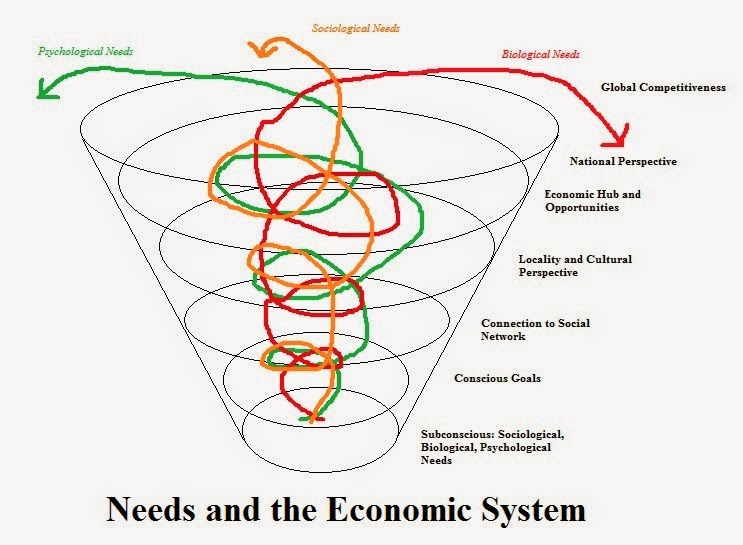Economic development is an important
part of keeping the nation moving forward on its economic and social goals. The
way in which clusters and cities are branded is important for helping its
citizens understand their place within it all while helping people of other places
formalize a concept of the area. A paper by Brian Crombie discusses the
benefits of branding cities and clusters for greater growth (2011).
Clusters are branded in much the
same way as products and services. Branding can apply to any mass communication
that include companies, political parties and nations to create success on the
market (O’Shaughnessy & O’Shaughnessy, 2000). Branding is a process of
creating greater awareness of the offerings of an area. Such brands should do
the following (Crombie, 2011):
-Target opportunities in high growth
sectors such as life sciences, sustainable technology, life sciences, financial
resources or advanced technology.
-Create a supportive business
environment.
-Provide a brand that attracts
business, investments and jobs.
A strong brand is, “distinctive by its positioning relative to
the competition, and by its personality, which comprises a unique combination
of functional attributes and symbolic values” (Kavarvztiz, 2004, p. 65). It
provides an extra nudge to ensure people are aware of its businesses, cluster, and
opportunities.
Brands should give a name and image
to the social system and social capital within the area (O’Shaughnessy & O’Shaughnessy,
2000). People should be able to formalize what an area stands for and what it
can provide on different planes such as core competencies, its people, and its
lifestyle. When done well it creates a total image of the area that can be
useful for helping people believe in that brand.
Each cluster and city has an image.
Some images are well known while others are not known at all. Each brand should
accurately reflect the area but also push to enhance those aspects that are
most beneficial for growth. When people can formalize the image of an area and
have adequate information to understand that area they are more likely to
invest, grow businesses, and train people around that image.
Crombie, B. (2011). Branding cities
and clusters for economic development. ISM
Journal of International Business, 1 (3).
Kavaratzis, M. (2004), From City
Marketing to City Branding: Towards a Theoretical Framework for
Developing City Brands. Journal of Place Branding, 1
O’Shaughnessy, J. & O’Shaughnessy,
N. (2000). Treating the nation as a brand: some neglected issue. Journal of
Macromarketing, 20 (56).

